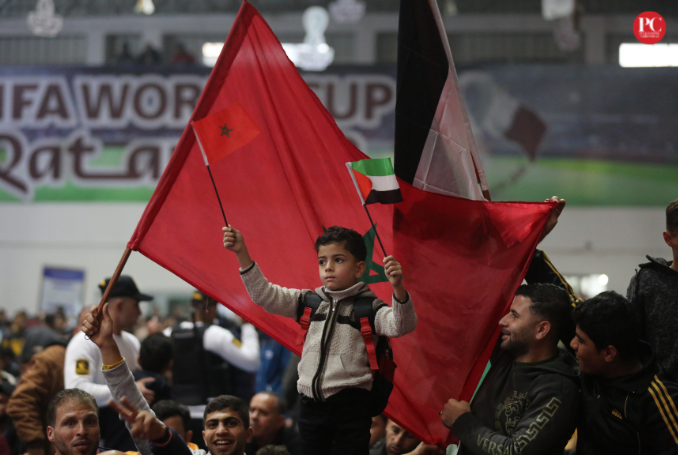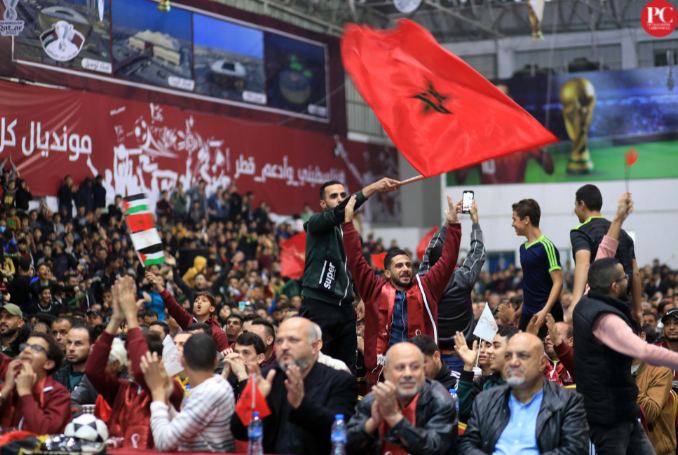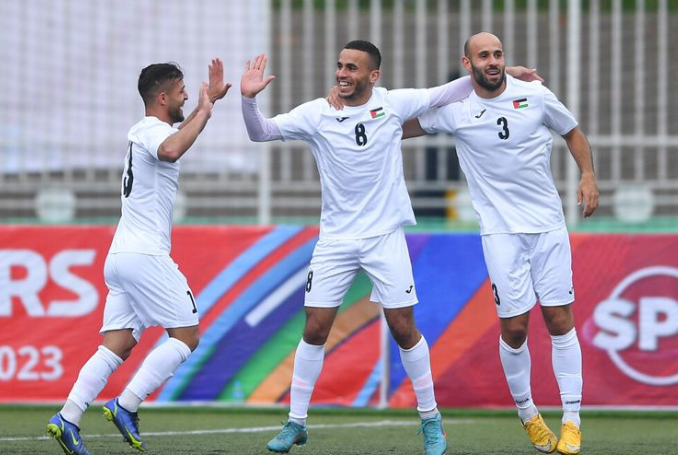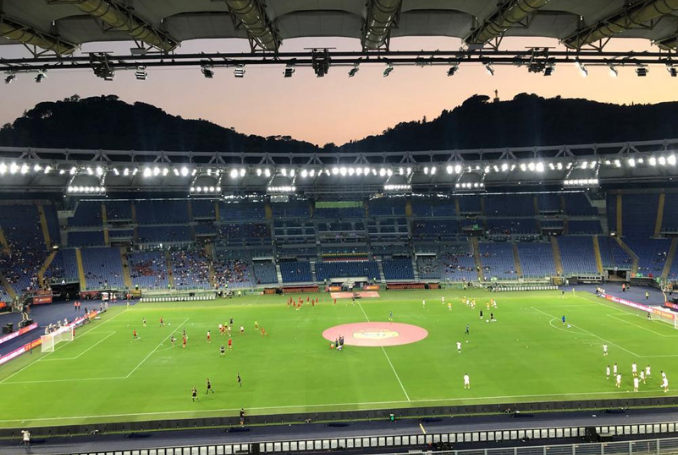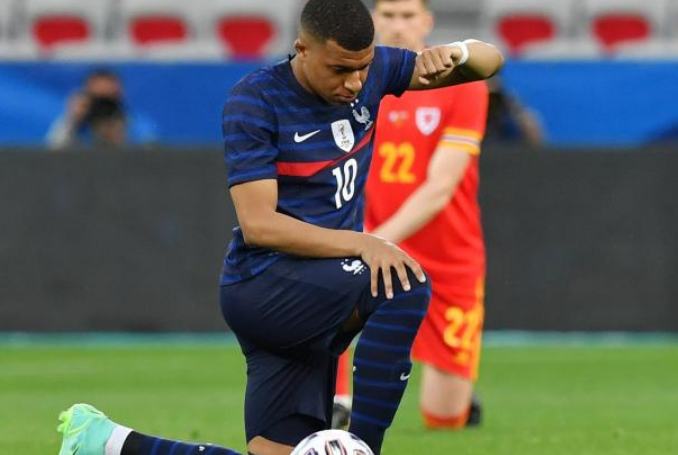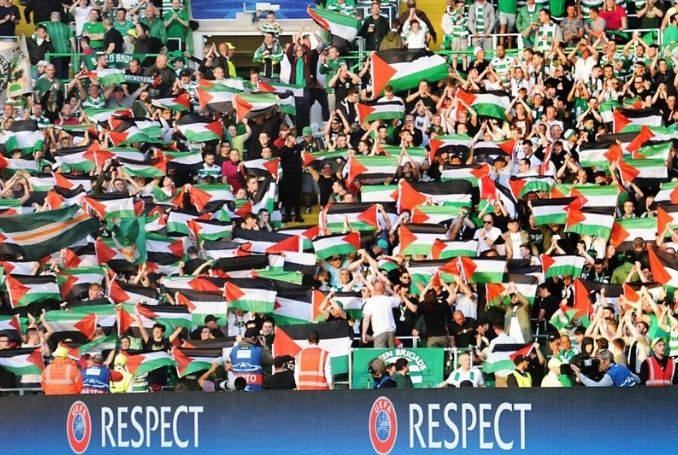- June 5, 2025
On Football, Opium and Popular Resistance: Not All Sports Are Created Equal
Football is about winning a match or a tournament but, ultimately, it is about something bigger – unity, hope, power, social conflicts and, yes, popular resistance.
The Political Side of the World Cup: How Palestine United the Arabs
For them, Palestine is not an external cause, and their cheers are not simply an act of solidarity. For them, Palestine and Morocco are synonymous, describing the same collective experience of defeat, struggle and, ultimately, victory.
Cultural Warriors: Why Palestine’s Sports Victories Should Inspire Us
It is the spirit of these valiant cultural warriors that continues to guide the Fida’i in their struggle for recognition, their fight for dignity and their quest for glory.
Stadio Olimpico: Can Sports Heal the World?
By the end of the match, as the large crowd – still giddy by the fact that they were able to attend a large sports event despite the deadly COVID-19 pandemic – dispersed, I walked around the Foro Italico, the sports complex which hosts Stadio Olimpico, among other edifices. The contradictions were palpable.
Kneeling against Racism: Solidarity in EURO 2020 Should Not be ‘Controversial’
Racism is a political disease, like cancerous cells spreading across the body, or body politic of society. It has to be stopped, on and off the field. While taking the knee will not end racism, it is meant to serve as a conversation starter, a moral stance by players and a meaningful gesture of camaraderie and humanity.
Debunking the ‘Opium of the People’ Maxim: Football is about Politics and Class Struggle
True, for ruling classes, football is often intended to be the ‘opium of the people’. But it would be naive to assume that the people, in their own ‘intellectual’ capacity, are unable to take ownership of that medium, as they have done in many other contested spaces.


